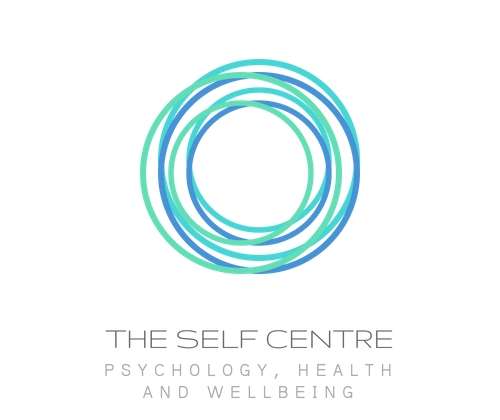
Being a Teenager
by Carey Little – Clinical Psychologist at The Self Centre
“omg1 idk2…irl3 be like my p4 so in the olden day5!”
(Don’t understand the lingo? Follow the numbers and check below 😊)
“Oh, my gawd. I do not understand my teenager! When did they become an alien?!”
Being a “tween” or a teenager is a time of curiosity, adventure and change as the world and its potential starts to broaden, but it can also be a difficult time for our young people.
Even without the current pandemic, climate change issues and global problems, research shows being between the ages of 12- 18yrs has stresses comparable to being an adult. These are the years of identity formation and for many, a time straddling being a child and being an adult.
Often teens are asked to conform and behave as they did when they were a child, while also taking on new challenges, contribute more, think for themselves, take ownership and be more independent. This is a time when they need us close and push us away all at the same time. It is confusing for everyone!
Hormones surge, and moods fluctuate, the desire to find a mate begins (think first crush, texting, first kiss, first heart-break). Love, betrayal, anger and envy…drama, after exhausting drama. They might not seem old enough for all these changes and it probably won’t last forever, but these are important moments to a young person. These necessary experiences teach our young people about relationships, independence and assertiveness. They need to test boundaries now with their peers, learn who they are in relation to the outside world and take what you have taught them into their own world. It can be a terrifying time for everyone. Family conflict can certainly rise with all this heightened emotion and knowing what to let go of and what to pay attention to can seem nearly impossible for most parents. How to do you comfort someone you love more than anything when you are so cross/hurt, and they are pushing you away?
Teens want to ‘fit in’ and to belong to a group outside the family; fitting with a group and building an identity and sense of self and autonomy is so important for their growth. Research shows that telling them ‘It does not matter’ what others are doing or saying when they are hurting, worrying about fitting in, or feeling rejected, just does not work. Of course, as adults we can see the bigger picture, and we know it will all be ok, but they live a reality that says it does matter and it matters NOW. Teens need to feel connected to and supported by others and have relationships based on common ground. This is a time when helping them to explore their own thoughts, feelings, responses is so helpful. Allowing your teen a safe space to talk, be heard and work through their own solutions with someone who is safe is paramount for their social and emotional safety and development. At the moment teens are looking to Instagram and social media to help them normalise, and our job is to offer some balance where we can. To allow them to have their own thought without being influenced by others. To explore their feelings and responses independent of what they are being told on social media or socially. They need to hear their own voice and trust that it is sound! The more they have an opportunity to hear their own voice without judgement or criticism, the more likely they will begin to trust themselves
Intense peer pressure and social media platforms promote looking great, having the best, being the best, and to try vaping, drugs, drink, sex and sexting. Platforms like Instagram create impossible realities to strive for, and Snapchat and Tik Tok make it all instantaneous. Young people feel as if everyone is putting pressure on them to perform the best at anything and EVERYTHING they do and all the while, to know where they are going in life. This is not only huge pressure, it’s too much, and unrealistic pressure.
But it is not all doom and gloom! Young people are still innovative, adaptive, eager and enthusiastic. Often all they need is some confidence, a safe place to be themselves and share some innermost concerns, and strategies to get the best out of their youth.
Annually, rates of depression and anxiety are on the increase in our younger generations. If you are seeing unusually low mood or unusually high worry, constant fretting, a difficulty to focus or be motivated, sleep issues, or your young person starts to withdraw from friends and usual activities, it is imperative to get help.
A check in with the GP and a mental health care plan can allow for early intervention and management so that issues are less distressing and less likely to become life-long problems.
Engaging with a psychologist can be that additional help your young person needs and The Self Centre has psychologists who want to help you and your young person through this time.
Hang on with them for the ride, it’s a tricky time for everyone, but with good support and strategies to cope you can come out of it healthy and happy!
1 OMG – oh my god/gawd or gosh! Yeah, you know this one. Everyone knows this one. Read on.
2 Idk – I don’t know
3 Irl – in real life or really.
4 P – parents
5 Any time prior to the young person’s birth, which can be disconcertingly recent and not so “olden” for any adults they interact with.
